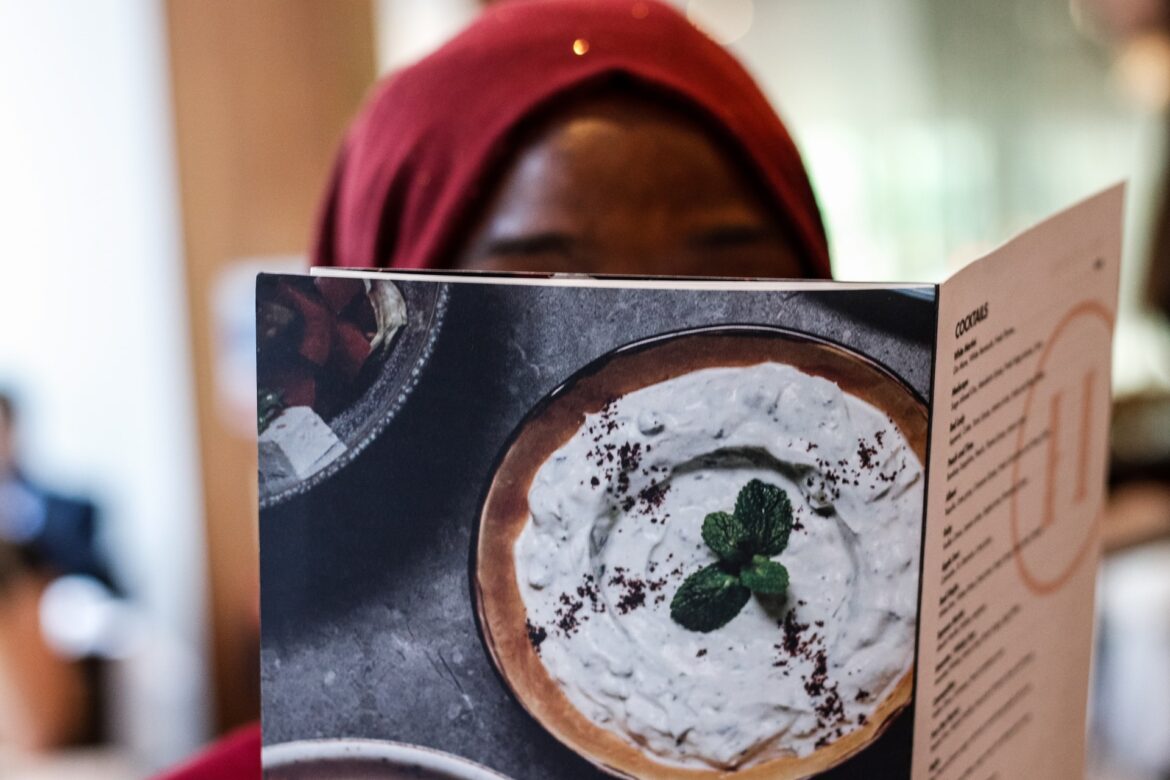NAIROBI, Kenya — When Chinese national Lin Xiao, 30, applied in 2015 for a public relations officer job at a Chinese-owned project in Eldoret, 164 miles west of Kenya’s capital, Nairobi, she thought it wise to learn Swahili.
Then, she worked in Tanzania, where she enrolled in ten-week Swahili classes at the Confucius Institute, University of Dar es Salaam, to prepare for her Kenyan job.
“Their Swahili culture also made it much easier for me to grasp the language’s basics. My Swahili is improving every day because of the daily interactions with the workers here in Eldoret. It makes my work much easier.”
In the pre-colonial era, it emerged as a lingua franca, a language used for communication between groups of people who speak different languages.
Besides East African countries, other states of Africa, such as Malawi, Somalia, Zambia, Mozambique, the Democratic Republic of Congo, and part of the Comoros Islands, speak Swahili.
Julius Sello Malema, the South African opposition leader, has rallied Africans to adopt Swahili as the continent’s lingua franca, saying African leaders who have introduced Mandarin at the expense of African languages have “misplaced priorities.”
For Africa to unite and develop, leaders should encourage Swahili and not colonial languages, especially English and French, widely spoken across the continent, Malema said.
The United Nations has six officially recognized languages: Arabic, Chinese, English, French, Russian, and Spanish.
Wallah Bin Wallah, a Kenyan Swahili author, said neocolonialism is “killing” African culture, including native languages.
“Our indigenous languages are slowly fading away,” he told Zenger News.
“As a Swahili advocate, I feel proud because some Africa countries such as South Africa are now offering Swahili as an optional subject in schools. We are on the right track.”
However, Wallah said the dream of an African continent united by a single language might never materialize due to foreign influences.
“Currently, Africa is relying so much on China for financial support. In return, China is taking advantage by introducing Mandarin in most African countries, such as Kenya. That’s some Africans speak fluently Mandarin than native languages.”
The author, whose books are used in schools across East Africa, said African leaders have the biggest role in uniting the continent through Swahili.
“Our leaders should implement good policies that favor Swahili across the continent. If Chinese, Americans, and the rest of the world are learning it, why should we not embrace it? This is our native language. All schools in Africa should have it as an optional subject,” Wallah said.
In March 2021, the 16-member Southern African Development Community endorsed it as a working language during a council of ministers meeting.
The African Union is pushing for Swahili usage across Africa through the African Academy of Languages, an African Union institution that promotes African languages.
The continental organization has played a vital role in adopting Swahili across Africa, said Peter Mutuku Mathuki, the East African Community secretary-general.
“Following our partnership with the African Union in 2019, the language has gained momentum in many countries,” Mathuki told Zenger News.
“We have seen South Africa introduce it in schools, and this is a good gesture. So far, southern African leaders have shown goodwill towards the language. By so doing, other parts of Africa will also join the [Swahili] bandwagon.”
There is an ongoing project by African language experts under the African Academy of Languages to produce a Swahili course in schools across the continent.
“The course is at its final stages, and we will distribute it in African countries interested in using Swahili as an optional language,” Mathuki told Zenger News.
However, Africa’s geopolitical differences could work against Swahili becoming the continent’s lingua franca, according to Peter Githinji, who teaches Mandarin at the Confucius Institute at the Nairobi University.
“In politics and academia, North African countries associate themselves with the Middle East than the rest of Africa,” Githinji told Zenger News.
“Take, for instance, Morocco. It benefits a lot economically and politically from its proximity to Europe. Although the African Union recognizes Swahili—which has some Arabic words—as one of the continent’s official languages, it will be hard for Morocco to adopt it over Arabic or European languages they use for trade and communication.”
If Africa does not pride itself in Swahili, foreign countries will speak the language, said Shisia Wasilwa, a Germany-based Swahili author and researcher.
“I have been privileged to live and work with Germans and Chinese,” he told Zenger News.
“A good number of them who want to come to Africa to learn the language. Some non-Africans speak fluent Swahili than native speakers. Nick Reynolds, alias Bongo Zozo, is a Briton who speaks better Swahili than most East Africans. We have Chinese journalists specializing in the language and are giving local reporters a run for their money.”
Swahili is taught widely in the United States, Asia, and Europe, said Carol Nafuna, a Swahili scholar based in the United States.
“In my research, I found that a good number of Americans who want to visit or invest in Africa enroll for Swahili classes first,” she told Zenger News.
“A Swahili phrase such as Hakuna Matata—meaning there is no problem—is commonly used by foreigners. They are learning Swahili words, which shows how the language has gone international.”
The Oxford Advanced Learners Dictionary recently added nyama choma, a popular Swahili term for grilled meat, especially among Kenyans, to the English dictionary.
Before this, the word safari, meaning a journey in Swahili, entered the English language long ago, popularized by foreign tourists coming to Africa to travel or hunt wild animals.
News Source: Zenger News
Photo by Suad Kamardeen on Unsplash



